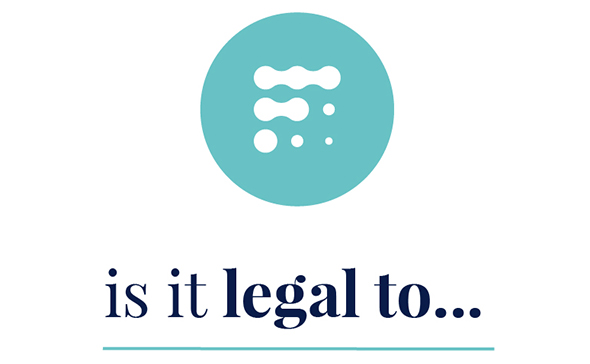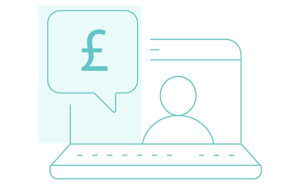Is it legal to make decisions on behalf of a loved one?

As part of our Insights series, Is it legal to… we explore the legal options available to you to help manage the affairs of a vulnerable person or loved one.

There are a few options available that allow us to make important life decisions for our loved ones.
Lasting Power of Attorney (LPA) – Property and Financial Affairs
Includes decisions such as:
- Managing money (including bank accounts, investments, stocks etc).
- Paying bills.
- Collecting benefits or a pension.
- Selling property.
Depending on the authority you have, you could make these decisions as soon as the LPA is registered.

Lasting Power of Attorney (LPA) – Health and Welfare
Includes decisions such as:
- Daily routine (e.g. washing, dressing, eating).
- Medical care.
- Moving into a care home.
- Life-sustaining treatment.
You can only make these decisions if your loved one has lost mental capacity.

General Power of Attorney
This could be a great short-term solution BUT this is only effective whilst your loved one has capacity.
Deputyship Order under the Court of Protection
A potential solution if a person loses capacity but does not have an LPA in place.

For full advice on Power of Attorney matters and what option would suit your own family circumstances, please contact our Wills, Trusts & Probate team on 01603 620508 or email them directly.
Our LPA experts have also put together some frequently asked questions, covering key topics and the importance of having one. Follow this link for more information.
This article was produced on the 20th September 2023 by our Wills, Trusts & Probate team for information purposes only and should not be construed or relied upon as specific legal advice.
